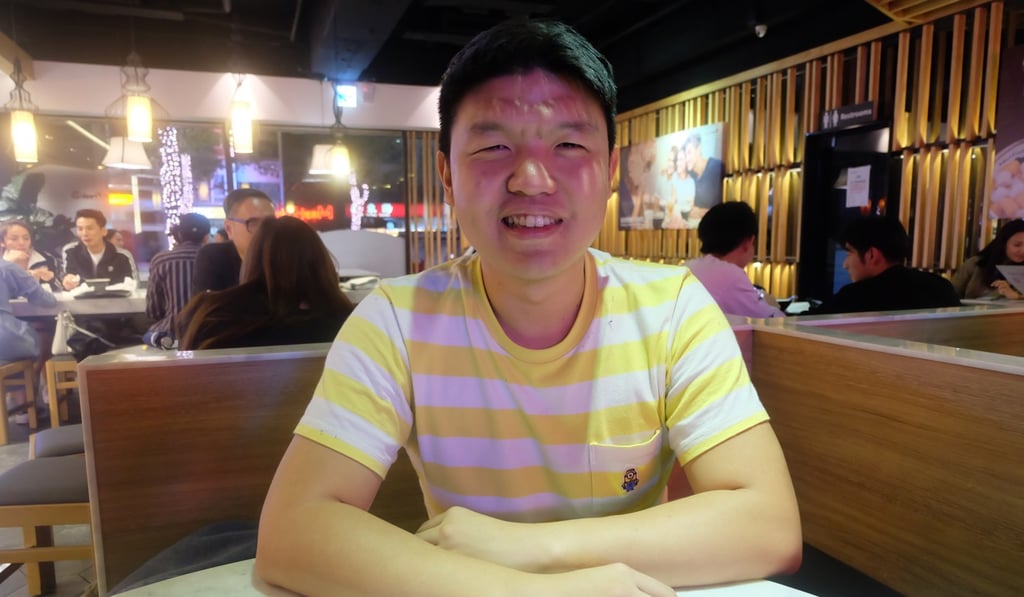Indonesians studying Mandarin look to Taiwan for language immersion and the lifestyle
- Under Suharto’s rule, Chinese Indonesians were discouraged from speaking Mandarin, but are now embracing it as China invests in the country
- Many have chosen to study in Taiwan, which offers scholarships, a good lifestyle and an opportunity to learn traditional Mandarin

“If you can speak Mandarin, Indonesian and English, certainly your competitiveness in the market [will be much higher],” he said.

Ayesa, a full-time lecturer in Chinese literature at Gunadarma University and a Mandarin teacher at the University of Indonesia’s International Language Institute said more companies needed translators or employees who could speak Mandarin.
Chinese Indonesian Felicia Oenica, 26, said her ability to speak Mandarin meant her starting salary at a Chinese bank in Jakarta was “decent” even when compared to friends who graduated with high honours and were working as consultants or property developers.
She added some Indonesian companies would turn a blind eye to a job applicant’s college scores and pay a higher salary if they could speak Mandarin.